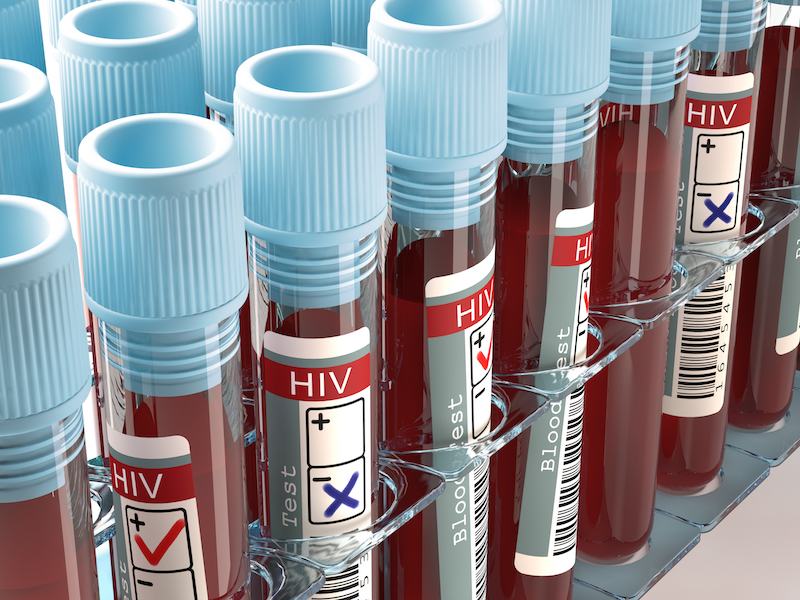HIV: Research From Emory University Shows That New Adjuvant 3M-052 Extends Immunity Against HIV
Source: Thailand HIV Jun 21, 2020 4 years, 10 months, 5 days, 5 hours, 45 minutes ago
HIV: Immunology researchers from the Yerkes National Primate Research Center and the Emory Vaccine Center (EVC) are first to show a new adjuvant, 3M-052, helps induce long-lasting immunity against HIV.

The research findings are published today in the journal:
Science Immunology.
https://immunology.sciencemag.org/content/5/48/eabb1025
Significantly, in this pre-clinical study that included 90 rhesus monkeys, the researchers showed 3M-052, a new, synthetic small molecule that targets a specific receptor (TLR 7/8), successfully induced vaccine-specific, long-lived bone marrow plasma cells (BM-LLPCs), which are critical for durable immunity. In a striking observation, 3M-052-induced BM-LLPCs were maintained at high numbers for more than one year after vaccination.
It must be noted that this prolonged interval is not only feasible in monitoring pre-clinical effectiveness; it is also highly informative in down selecting vaccine candidates.
Dr Sudhir Pai Kasturi, Ph.D., an Assistant Professor in the Department of Pathology and Laboratory Medicine and a research Assistant Professor at Yerkes and the EVC, and the first author of the study told Thailand Medical News, "We have known adjuvants are critical immunity-boosting supplements that help improve the effectiveness of vaccines. Until now, however, it has been unclear which class of adjuvants can promote stable and long-lived immunity in nonhuman primate models. Our study provides that information."
Dr Rafi Ahmed, Ph.D., director of the Emory Vaccine Center and first author further commented, "The key to a successful vaccine is durability of immune responses. Antibodies provide the first line of defense against pathogens, and antibody levels are maintained by the generation of long-lived plasma cells that reside in bone marrow. Our study identifies an adjuvant that is effective in generating such long-lived plasma cells in bone marrow. This finding has implications for developing successful vaccines against HIV, influenza and, especially important now, COVID-19.”
The researchers are planning human clinical trials as early as the first quarter of 2021.
For more about
HIV, keep on logging to Thailand Medical News.
